For nearly two years now, scientists and doctors across the world have been scrambling to identify ideal drugs to mitigate the adamantly pervasive COVID-19 pandemic. However, another pernicious global health concern continues to prevail silently—antibiotic resistance. Now, researchers have found that human beings are spreading antibiotic-resistant bacteria to non-human primates such as chimpanzees; potentially threatening species that are already heading towards extinction.
According to a study led by Emory University, antibiotic-resistant bacteria were found in nearly half the fecal samples collected from chimpanzees at the Gombe National Park (GNP), Tanzania. Importantly, the bacteria detected in the primates are resistant to a major group of antibiotics that are commonly used by people residing in the areas surrounding the park.
Highlighting the route of contamination, Dr.Thomas Gillespie, senior author of the study, said in a statement, "Our results suggest that antibiotic-resistant bacteria is actually spreading from people to non-human primates by making its way into the local watershed. People are bathing and washing in the streams, contaminating the water with drug-resistant bacteria where wild chimpanzees and baboons drink."
Studying Transmission of Antibiotic-resistant Bacteria
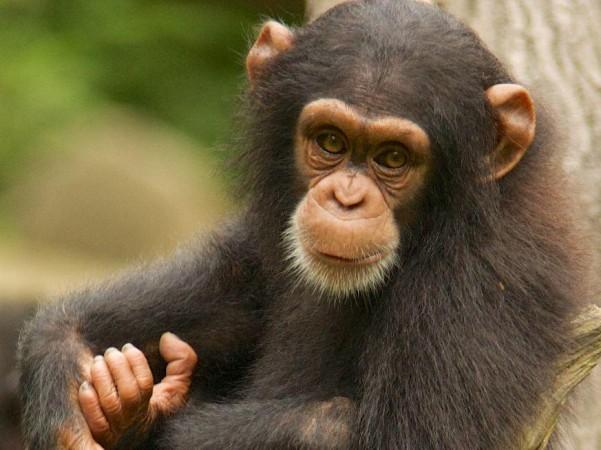
Antibiotic resistance is said to occur when a bacteria develops insensitivity towards drugs intended to destroy it. Methicillin-resistant Staphylococcus aureus (MRSA) bacteria (which causes several fatal infections in different parts of the body) is an example of antibiotic-resistant bacteria.
Though antibiotic resistance is common in human beings, it is not unheard of in animals. For example, animals raised for food are administered antibiotics in order to cure infections and deal with certain bacteria. Nevertheless, some bacteria can develop resistance to these drugs and spread to other animals in the same location. This can lead to outbreaks of hard-to-treat infections. However, the spread of antibiotic-resistant bacteria from human beings to wild animals is an understudied area.
For the study, the authors tested for genes that provided resistance to sulfonamides—a category of antibacterial drugs used by people in the vicinity of Gombe National Park to treat diarrheal diseases. Fecal samples from chimpanzees, baboons, humans, and domestic animals in the area were examined for the said genes. Water samples from the streams used by the groups were also scrutinized.
Detecting Antibiotic Resistance
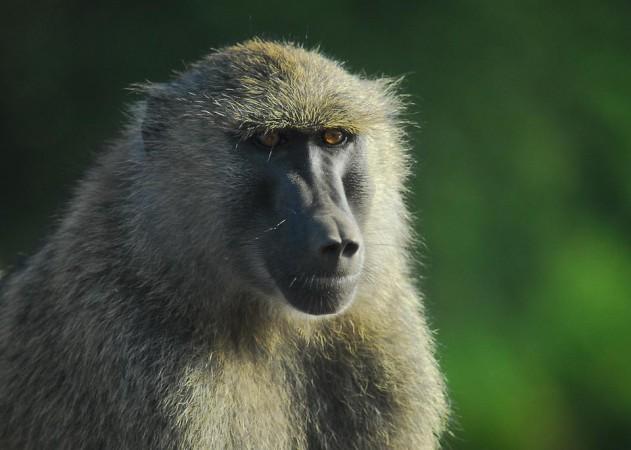
As expected, the researchers detected sulfonamide resistance in 74 percent of the human samples and 17 percent of the domestic animal samples. More importantly, sulfonamide resistance was found in 48 percent of chimpanzee samples and 34 percent of baboon samples. Sulfonamide was also found in around 19 percent of samples collected from streams that serve as common water sources for humans, wildlife, and domestic animals.
In order to compare resistance to other antibiotics potentially present among the analyzed groups, the authors checked for genes that enable resistance to tetracycline—a family of antibiotics whose use in the human population around the park was less frequent.
As anticipated, the resistance to tetracycline was noted in a negligible amount of samples from human and animal groups. While no evidence of tetracycline resistance was found in water samples. The authors posited that this sharp contrast is likely on account of higher cost and lesser availability of tetracycline in the area.
Risk of Creating 'Superbugs'
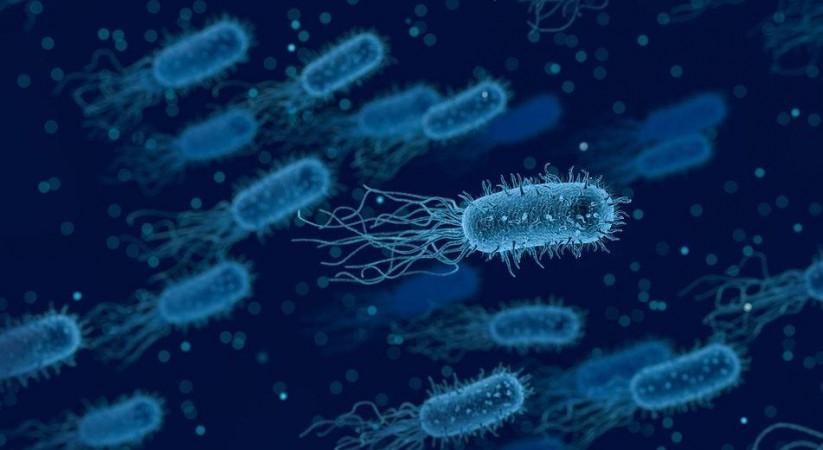
Humans residing in the proximity of the park turn to cheaply and easily available sulfonamide antibiotics to deal with diarrheal diseases that are common in the area. These drugs can be procured without prescription at stores or informal pharmacies that sell essentials and drugs.
Interestingly, wild chimpanzees are also known to be affected by wasting diseases that can be attributed to bacteria and other enteric pathogens (related to intestines). The pathogens can hamper primates' capacity of sustained calorie intake and absorption of nutrients.
Stressing on the inefficiency of the drugs consumed, Dr. Gillespie averred, "The majority of people in our sampling harbored bacteria resistant to the sulfonamide medication they are taking." He added: "In those cases, they're spending their money on a drug that is not helping them get better. Overuse of such drugs creates the potential for more lethal, antibiotic-resistant 'super bugs' to emerge."
Looming Danger of Destruction
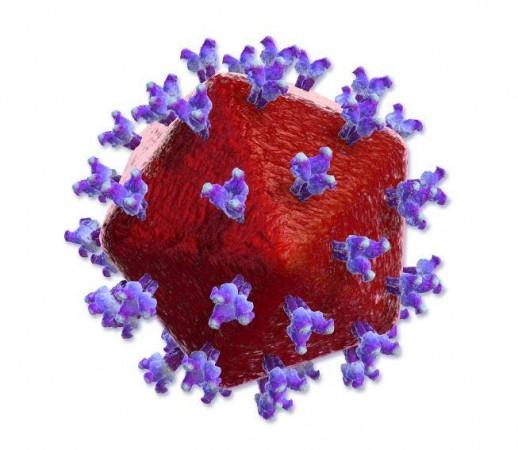
The risk of 'spillover' or the exchange of pathogen between species has risen in recent years due to increased interaction between wildlife and people, owing to practices such as human encroachment of forests. An example of spillover is HIV (human immunodeficiency viruses) which is said to have jumped from chimpanzees to humans.
Having studied such dangerous crossovers for several years, Dr. Gillespie and his colleagues warn that the unregulated use and misuse of antibiotics by humans can result in devastating consequences for the wildlife they share an environment with. It is important to note that at the Gombe National Park—which was also the site of Dr. Jane Goodall's groundbreaking work on the role of infectious diseases in endangering chimpanzee populations—the total population of chimpanzees has already fallen to approximately 95.
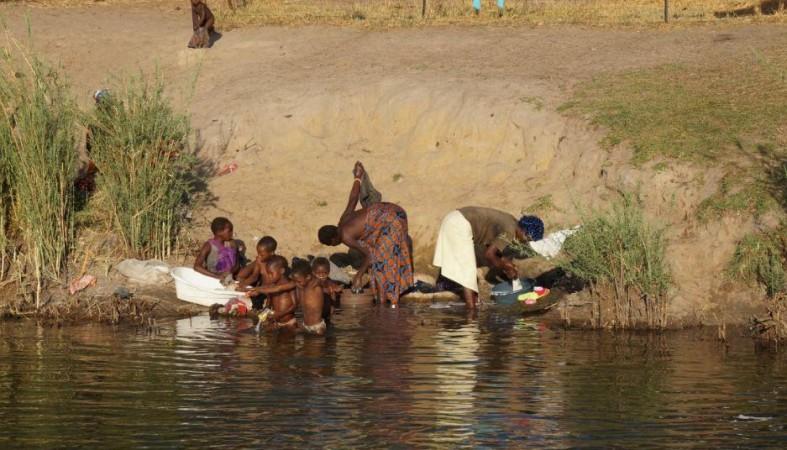
"After drug-resistant bacteria jump into chimpanzees, it can further evolve with the chimpanzees and then spill back into humans. We need to be thinking about infectious diseases within evolutionary and ecological frameworks, something that's not often done in medicine," remarked Dr. Gillespie.
The team also highlighted the need for the creation of awareness among the local human population about the proper use of antibiotics. Dr. Gillespie weighed on the importance of improving sanitary practices around shared water bodies and bettering disposal methods of human waste. "It's important to consider both sides of the story — human health and well-being, as well as conservation of chimpanzees and other species," stated Dr. Gillespie.









